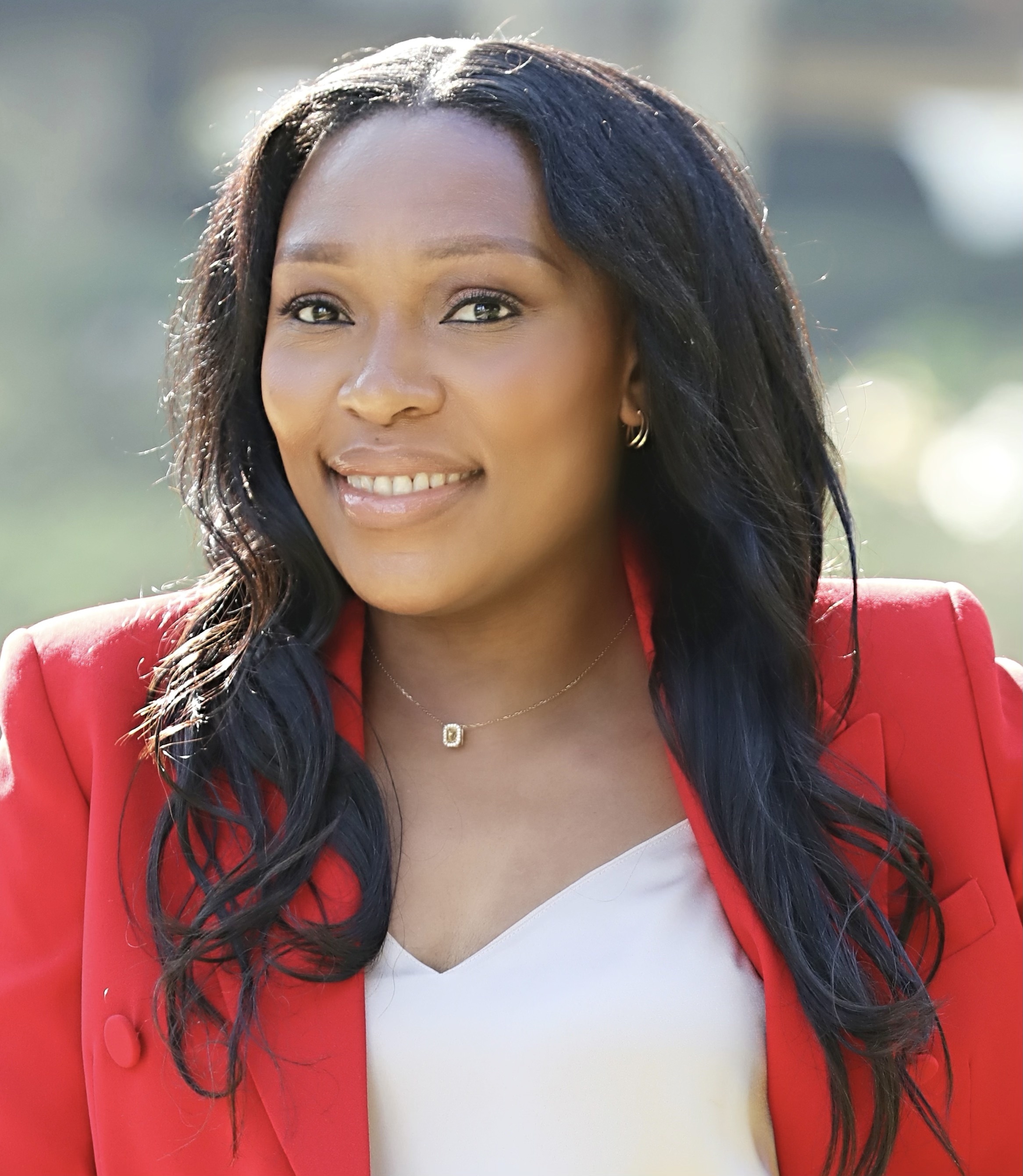
The Art of Diplomatic Communication in Business
Master the subtle skills that build bridges and resolve conflicts
In the complex landscape of modern business, the ability to communicate diplomatically isn't just a nice-to-have skill—it's a strategic advantage that can make the difference between success and failure in high-stakes negotiations, team dynamics, and client relationships.
Diplomatic communication combines the precision of clear messaging with the finesse of emotional intelligence, creating a powerful tool for building consensus, resolving conflicts, and maintaining relationships even in challenging circumstances.
Understanding Diplomatic Communication
Diplomatic communication is the art of conveying your message while preserving relationships and maintaining respect for all parties involved. It's about finding common ground without compromising your core objectives, and addressing difficult topics with tact and sensitivity.
Unlike aggressive or passive communication styles, diplomatic communication seeks win-win outcomes through careful word choice, active listening, and strategic patience. It's particularly valuable in:
- High-stakes negotiations
- Cross-cultural business interactions
- Conflict resolution scenarios
- Sensitive personnel discussions
- Crisis management situations
The Core Principles of Business Diplomacy
1. Respect and Dignity First
Every diplomatic interaction begins with the fundamental principle of treating all parties with respect and dignity, regardless of disagreement or conflict. This means:
- Acknowledging different perspectives without judgment
- Using inclusive language that doesn't alienate or diminish others
- Maintaining professional courtesy even under pressure
- Recognizing the humanity behind business positions
Diplomatic Language Example
Instead of: "That's completely wrong and won't work."
Try: "I appreciate your perspective. Let me share some concerns I have about this approach and see if we can find a solution that addresses both our priorities."
2. Active Listening and Empathy
Diplomatic communicators are exceptional listeners who seek to understand before being understood. This involves:
- Listening for underlying interests, not just stated positions
- Asking clarifying questions to ensure understanding
- Reflecting back what you've heard to confirm comprehension
- Acknowledging emotions and concerns, even if you disagree with conclusions
3. Strategic Patience
Diplomacy often requires patience—allowing time for emotions to settle, for information to be processed, and for relationships to be preserved. This means:
- Knowing when to pause a difficult conversation
- Allowing others time to save face when changing positions
- Building consensus gradually rather than forcing immediate decisions
- Understanding that some solutions require multiple conversations
Diplomatic Techniques for Common Business Scenarios
Delivering Difficult Feedback
When providing challenging feedback, diplomatic communication helps maintain relationships while driving improvement:
- Start with positives: Acknowledge strengths before addressing areas for improvement
- Focus on behaviors, not personality: Address specific actions rather than character traits
- Offer solutions: Pair criticism with constructive suggestions
- Invite dialogue: Ask for their perspective and input on solutions
Navigating Disagreements
When facing opposition or conflict, diplomatic approaches can preserve relationships while advancing your position:
- Find common ground: Identify shared goals or values as a starting point
- Reframe the discussion: Move from positions to underlying interests
- Use collaborative language: "How might we..." instead of "You should..."
- Explore alternatives: Generate multiple options before evaluating them
Conflict Resolution Framework
- Acknowledge: Recognize the disagreement and its importance
- Explore: Understand each party's underlying interests
- Generate: Create multiple potential solutions together
- Evaluate: Assess options against shared criteria
- Commit: Agree on next steps and follow-through
Cultural Considerations in Diplomatic Communication
In our globalized business environment, diplomatic communication must account for cultural differences in communication styles, decision-making processes, and relationship building:
High-Context vs. Low-Context Cultures
- High-context cultures (Japan, Arab countries) rely heavily on implicit communication and relationship context
- Low-context cultures (Germany, Scandinavia) prefer direct, explicit communication
- Adapt your diplomatic style to match cultural expectations while maintaining respect
Power Distance Considerations
- In high power distance cultures, show appropriate deference to hierarchy
- In low power distance cultures, encourage more egalitarian participation
- Always research cultural norms before important international interactions
Building Your Diplomatic Communication Skills
Practice Self-Awareness
Effective diplomatic communication starts with understanding your own communication patterns:
- Identify your triggers and emotional responses
- Recognize your default communication style under stress
- Develop strategies for maintaining composure in difficult situations
- Seek feedback on your communication effectiveness
Develop Your Emotional Intelligence
Diplomatic communicators excel at reading and managing emotions—both their own and others':
- Practice recognizing emotional undercurrents in conversations
- Learn to separate emotions from facts in discussions
- Develop empathy for different perspectives and motivations
- Master the art of emotional regulation under pressure
Expand Your Communication Toolkit
Build a repertoire of diplomatic phrases and techniques:
- Bridging phrases: "I understand your concern, and I'd like to add..."
- Reframing questions: "What would need to be true for this to work?"
- Acknowledgment statements: "You raise an important point about..."
- Collaborative invitations: "Let's explore this together..."
The Business Impact of Diplomatic Communication
Organizations that prioritize diplomatic communication see measurable benefits:
- Improved negotiation outcomes: Better deals that preserve relationships
- Enhanced team collaboration: Reduced conflict and increased innovation
- Stronger client relationships: Higher retention and satisfaction rates
- More effective leadership: Increased influence and team engagement
- Better crisis management: Faster resolution with less reputational damage
Research from Harvard Business School shows that leaders who demonstrate diplomatic communication skills are 40% more likely to be promoted to senior executive positions and achieve 25% better team performance metrics.
Conclusion: Diplomacy as a Strategic Advantage
In an increasingly complex and interconnected business world, diplomatic communication isn't just about being polite—it's about being strategically effective. It's the difference between winning a battle and winning the war, between achieving short-term gains and building long-term success.
Master diplomatic communicators understand that how you say something is often as important as what you say. They recognize that preserving relationships and maintaining respect doesn't mean compromising on results—it means achieving better results through more sophisticated means.
As you develop your diplomatic communication skills, remember that this is both an art and a science. It requires practice, patience, and continuous refinement. But the investment pays dividends in every aspect of your professional life.
At Graceful & Poised, we specialize in helping executives develop the sophisticated communication skills that drive business success. If you'd like personalized coaching on diplomatic communication or other aspects of executive presence, we invite you to contact us for a consultation.

Graceful & Poised Team
Etiquette experts specializing in executive presence, business protocol, and professional development for global leaders.
Related Articles
Master Diplomatic Communication
Ready to develop the sophisticated communication skills that drive business success? Our expert coaches provide personalized guidance for executives.

